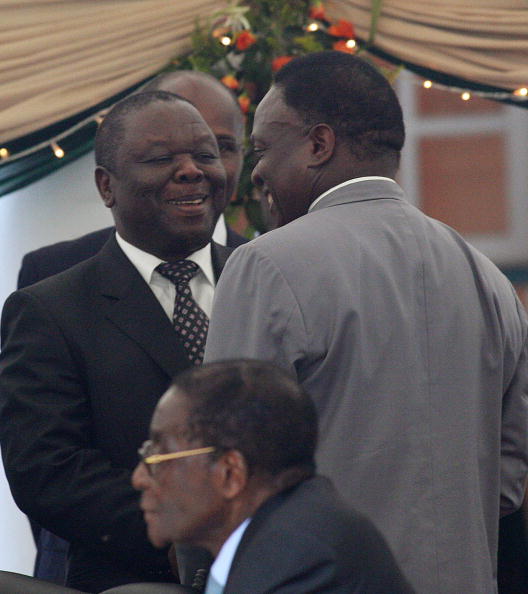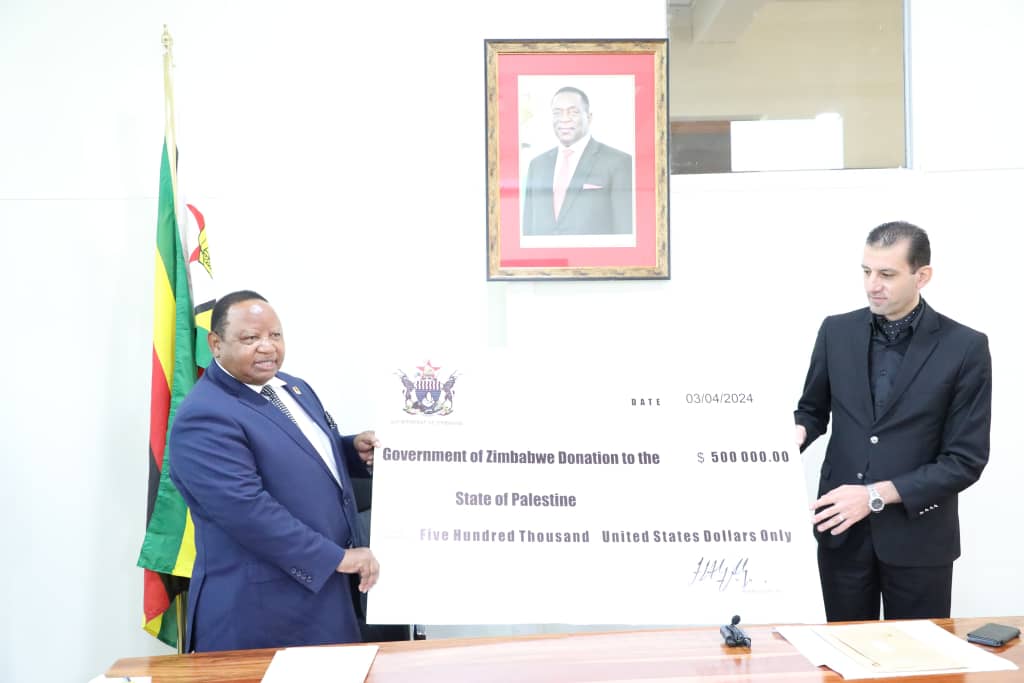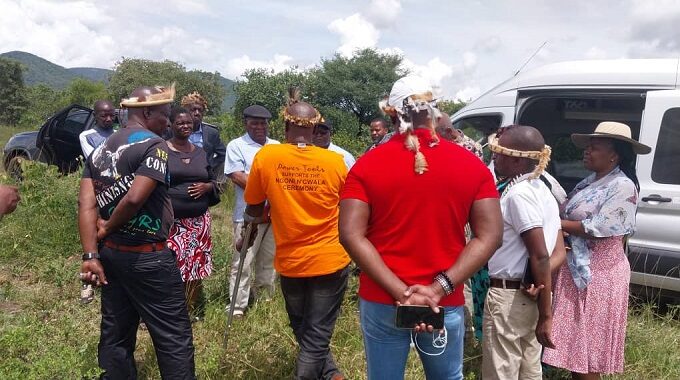PRESIDENT Emmerson Mnangagwa in 2016 facilitated the disbursement of US$70 000 in state funds to settle medical bills of opposition leader Morgan Tsvangirai, who is currently battling cancer of the colon, it has emerged.

By Wongai Zhangazha
Mnangagwa, in the company of Vice-President Constantino Chiwenga, visited Tsvangirai at his Highlands home last week. The visit was said to be purely on compassionate grounds, although he discussed the opposition leader’s pension and medical bills.
- Mnangagwa Announces Mega Retirement Package for MDC Leader Tsvangirai
Tsvangirai is reported to have requested the meeting to discuss the issue of his pension benefits.
Mnangagwa’s visit sparked debate with some Zimbabweans praising the president for showing compassion while others argued it was politics at play. Officials say the country’s new president and the opposition leader have enjoyed cordial relations for some time.
The Zimbabwe Independent exclusively revealed in November 2016 that Tsvangirai had in June received a shot in the arm through the office of the then president Robert Mugabe to meet his medical expenses.
Senior government and MDC-T officials told the Independent this week that Mnangagwa had facilitated the release of funds. The money helped Tsvangirai to cover part of his medical expenses in South Africa.
Mnangagwa reportedly approached Mugabe to apprise him on Tsvangirai’s medical condition, highlighting the need to assist him financially. This was after Mnangagwa was approached by Tsvangirai’s relatives.
According to sources in government, negotiations for the money were arranged by third parties between Tsvangirai and state officials.
Tsvangirai disclosed he is battling cancer of the colon in 2016 after he looked frail and unwell while participating in a demonstration in Harare which saw thousands of his supporters marching to demand the resignation of Mugabe over corruption and economic mismanagement.
In an interview with this newspaper on September 28 2016, Tsvangirai declined to divulge how he was coping with medical bills, saying the information was confidential.
When further asked to comment on allegations that part of the medical bills were paid by Mugabe’s office, Tsvangirai would neither confirm nor deny the claims.
“I cannot confirm that so and so has given me money. I still say that the expenses of my treatment are confidential and I am grateful to whoever has made contributions and continues to make contributions, because this is really expensive and far beyond my capacity to sustain,” Tsvangirai said.
Local and international media reports indicated on several occasions that there was a possibility of Mnangagwa and Tsvangirai, before Mugabe was toppled through “military intervention”, working together to fight the then president.
Tsvangirai, however, denied the reports, describing them as malicious.
Furthermore local and international media reported in 2003 that Tsvangirai and Mnangagwa had been working together in what was dubbed the Dyck controversy.
Then Zimbabwe Defence Forces commander General Vitalis Zvinavashe was removed from office in 2003 after being entangled in controversy which involved Mnangagwa, Tsvangirai, retired Colonel Lionel Dyck and plots for a political exit and soft landing for Mugabe.
The plot, according to media reports, was to send Mugabe into exile to Malaysia so as to facilitate a resolution of Zimbabwe’s economic crisis. Zvinavashe, who denied involvement in such plans, was later deployed to the Zanu PF politburo and given a political role.
The Independent was the first newspaper to report on Zvinavashe’s looming removal months before he was retired in December 2003.
Tsvangirai, in a statement published by South African newspaper Mail & Guardian, responded to the allegations, saying: “This is not true, no deal was struck.
“I have never met Mnangagwa and Zvinavashe. I met Dyck who claimed to be their messenger. I did not look for him. He came to me.”
Mnangagwa denied Tsvangirai’s claims that he and Zvinavashe sought his co-operation in the presidential changeover plans.






